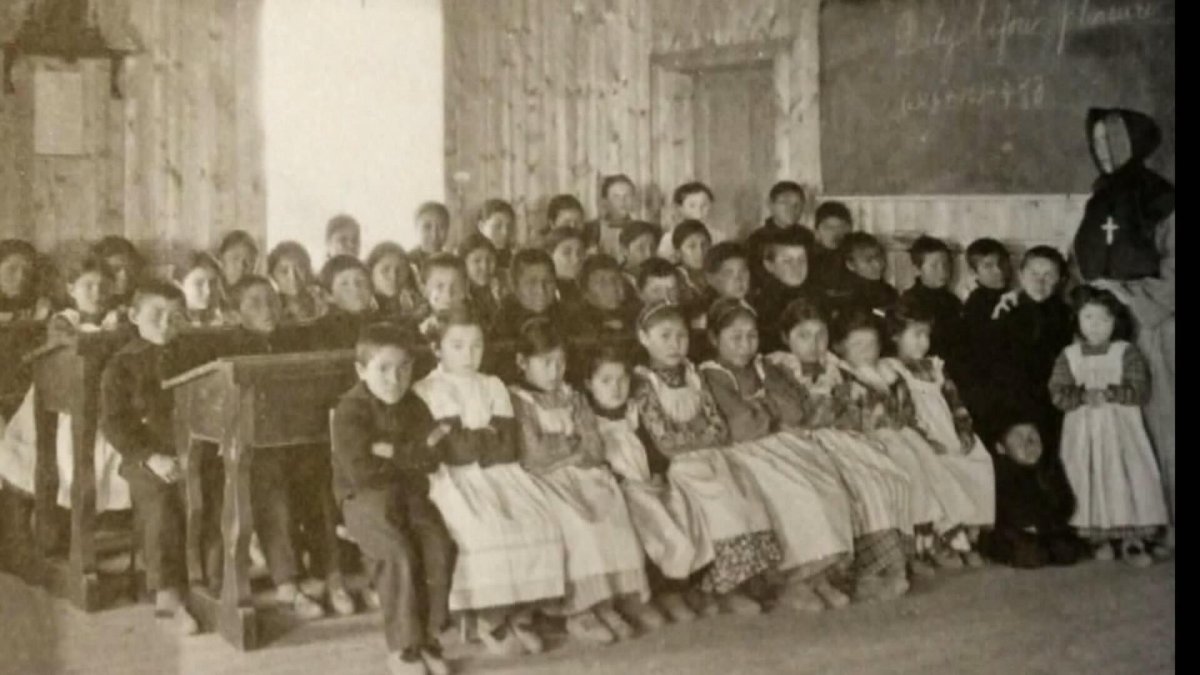The Indian Residential Schools Adjudication Secretariat has launched a new program for survivors of the residential school system to decide what happens to records of claims they’ve made of abuse within the schools.

It’s directing survivors to a new website where they can download a form to request a personal copy of their abuse claim records and, if they wish, share them with the National Centre for Truth and Reconciliation.
Independent Assessment Process Chief Adjudicator Dan Shapiro said those who choose to do nothing will have their records destroyed in September 2027.
Shapiro said the idea is to preserve the confidentiality of settlement claims.

Get daily National news
“The records of Indian residential school claims can include the most personal and intimate experiences of a person’s lifetime, including sexual, or physical, or other forms of abuse at residential schools,” Shapiro said.
“That’s why it’s so important that people have the individual right to decide what happens to those records.”
Shapiro said there’s about 43,000 claims recorded. If a claimant decides to submit to the National Centre for Truth and Reconciliation, their records will be edited and redacted to remove personal information and then archived.
There was question for a long time as to what would happen to claim records after settlements were reached. It moved through several levels of court until the Supreme Court of Canada ruled in 2017 that the records were private and confidential.
“We stood behind the promises that our adjudicators made to people when they came before us at our hearings, which was to reinforce the promises made of confidentiality made in the settlement agreements,” Shapiro said.
“So our position was that it needed to be the claimant’s choice and not the TRC’s choice, or the government of Canada’s choice.”
A release from the Indian Residential Schools Adjudication Secretariat says 99 per cent of all claims submitted to the IAP have been resolved — and the remaining claims will be resolved by 2020.
Claimants can visit myrecordsmychoice.ca to decide what happens to their personal records.












Comments